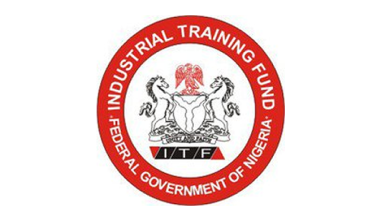The Industrial Training Fund (ITF) has trained and certified 80 quality assurance assessors (QAA) and 40 verifiers to fast-track the actualisation of the National Skills Qualification Policy of the Federal Government.
Speaking at the presentation of certificates on Friday to the trainees, the Director-General of the ITF, Sir Joseph Ari, said the National Skills Qualification Policy was intended to ensure that standards were maintained across all occupational areas for optimal performance and effective service delivery.
According to him, the training and certification of the assessors and verifiers, drawn from the fund and other organisations, would ensure uniformity of technical and vocational skills acquired by artisans nationwide.
Ari explained that the assessors would work directly with vocational and technical trainees to ensure that they comply with procedural and documentation requirements to ensure competency and a standard for certification.
He pointed out that the verifiers, on the other hand, would ensure uniformity and consistency in the approach and application of the assessment process and provide support, advice, and guidance to assessors.
“The bottomline of the NSQF policy is to ensure that all artisans in various occupational areas in Nigeria are equipped with qualitative and standardized competencies.
“With the training of the assessors and verifiers, the fund is now better positioned to assess the competencies of trainees of its skills intervention programs as well as trainees of other skills centers across the country, thereby delivering on its mandate to set standards in all sectors of the economy and monitor adherence.
“The certification of quality assurance assessors and verifiers would further drive the fund’s aspiration with respect to the entrenchment of the national apprenticeship and traineeship system in Nigeria, just as it would ensure that vocational and technical skills take their rightful place in terms of certification of artisans and technicians to propel and sustain the Nigerian economy”, he said.
Ari further pointed out that with the National Apprenticeship and Traineeship System (NATS) in place, Nigerian technicians and artisans would become internationally competitive, and the right standards in terms of work delivery and expertise would be enjoyed internationally and locally by the artisans.





